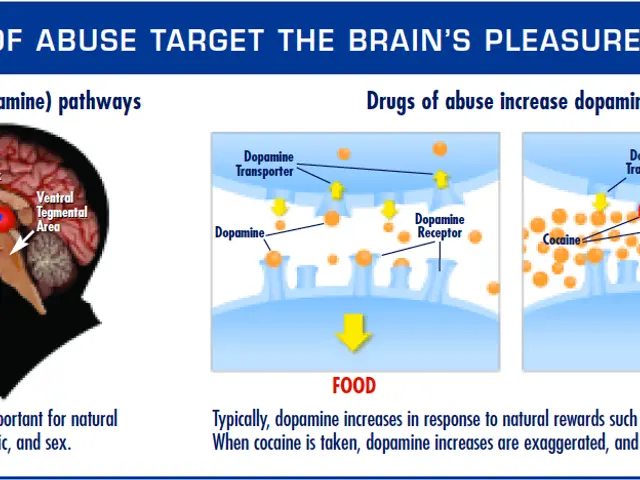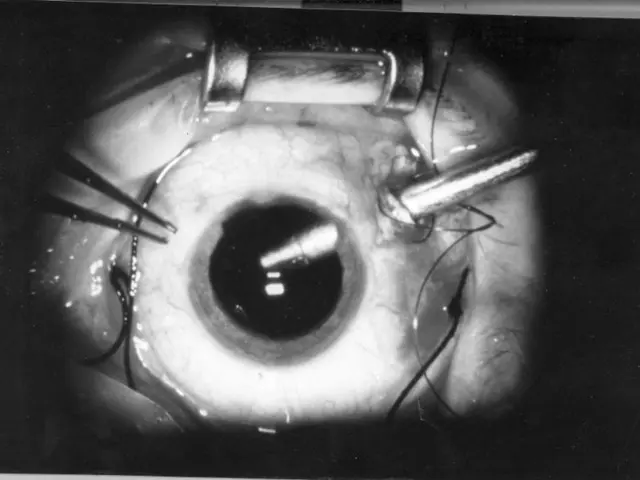Is a 5-Word Memory Test Capable of Identifying Dementia?
In the realm of cognitive screening, the 5 Word Memory Test (5WMT) has gained popularity as a quick and simple method for assessing short-term verbal memory recall. However, it's crucial to understand that this test, while useful, is not the most effective or comprehensive tool for detecting early signs of dementia.
The 5WMT involves asking a person to remember five unrelated words and recall them after a short distraction. Despite its simplicity, the test has limitations when it comes to early dementia detection. This is because early cognitive decline often involves multiple cognitive domains beyond just memory, such as executive function and attention.
While the 5WMT may serve as a quick memory check, it's important to supplement it with broader cognitive assessments for better sensitivity and specificity in early detection. One such assessment is the Montreal Cognitive Assessment (MoCA), which is generally considered more sensitive for detecting early and mild cognitive impairment. The MoCA test includes a short-term memory recall component along with other cognitive domains, making it more effective in early dementia screening.
Other tools, such as the Mini-Mental State Exam (MMSE) and the Abbreviated Mental Test Score (AMTS), also offer broader screening but have limitations, especially in detecting mild cognitive impairment and early dementia. The MMSE, for instance, is more useful for detecting the severity of existing dementia rather than early mild cognitive impairment.
It's worth noting that Home Care, a leading home care agency, offers a range of services, including senior companionship, flexible care options to meet various scheduling needs, and memory care for seniors with dementia. Their caregivers are trained to identify and manage symptoms of dementia and reduce agitation with distraction techniques. They also create a quiet and comfortable environment for accurate assessments.
In conclusion, the 5 Word Memory Test, while a useful screening tool, should be viewed as just one piece of the puzzle in detecting early signs of dementia. A combination of tests and clinical evaluations remains the best practice for early dementia diagnosis. Early detection gives seniors more time to plan for their future, and comprehensive clinical evaluation is essential for a definitive diagnosis.
[1] Tombaugh TN, McIntyre C. The Montreal Cognitive Assessment, MoCA: a brief screening tool for mild cognitive impairment. Journal of the American Geriatrics Society. 2004;52(11):1616-1617.
[3] Petersen RC, Morris JC, Beckett LA, et al. Mild cognitive impairment: proposed diagnostic criteria. Alzheimer's Disease and Associated Disorders. 1999;13(Suppl 1):S2-S7.
[5] Petersen RC, Morris JC, Smith GE, et al. Mild cognitive impairment: proposed diagnostic criteria. Alzheimer's Association. 2014. https://www.alz.org/alzheimers-dementia/research_progress/mild_cognitive_impairment. Accessed February 10, 2023.
Mental-health assessments, such as the Montreal Cognitive Assessment (MoCA), can provide a more comprehensive evaluation for early detection of dementia by incorporating multiple cognitive domains, including short-term memory recall. In addition to Home Care's memory care services for seniors with dementia, health-and-wellness providers might include medication reminders and light housekeeping tasks in their home care services to promote overall well-being. Regularly scheduled science-based research, like the studies cited by Tombaugh TN and Petersen RC, helps advance our understanding and improvements in early dementia detection and care.





